Exeter Riddle 1 in Spanish / en Español
MEGANCAVELL
Date: Tue 22 Jun 2021Dr. José Antonio Alonso Navarro holds a PhD in English Philology from the Coruña University (Spain) and a BA in English Philology from the Complutense University of Madrid (Spain). Currently, Alonso Navarro is a Full Professor of History of the English Language at the National University of Asuncion (Paraguay). His main interest revolves around the translation of Middle English texts into Spanish. Needless to say, he is also very enthusiastic about Old English riddles.
El Dr. José Antonio Alonso Navarro es Doctor en Filología Inglesa por la Universidad de La Coruña (España) y Licenciado en Filología Inglesa por la Universidad Complutense de Madrid (España). Actualmente, Alonso Navarro es Catedrático de Historia de la Lengua Inglesa en la Universidad Nacional de Asunción (Paraguay). Su principal interés gira en torno a la traducción de textos del inglés medio al español. No hace falta decir que también está muy entusiasmado con los acertijos en inglés antiguo.
Hwylc is hæleþa þæs horsc ond þæs hygecræftig
þæt þæt mæge asecgan, hwa mec on sið wræce,
þonne ic astige strong, stundum reþe,
þrymful þunie, þragum wræce
5 fere geond foldan, folcsalo bærne,
ræced reafige? Recas stigað,
haswe ofer hrofum. Hlin bið on eorþan,
wælcwealm wera, þonne ic wudu hrere,
bearwas bledhwate, beamas fylle,
10 holme gehrefed, heahum meahtum
wrecen on waþe, wide sended;
hæbbe me on hrycge þæt ær hadas wreah
foldbuendra, flæsc ond gæstas,
somod on sunde. Saga hwa mec þecce,
15 oþþe hu ic hatte, þe þa hlæst bere.
¿Quién hay de entre los hombres sabios y prudentes que puedan contar quién me impulsa a viajar, cuándo yo me elevo poderosamente, a veces de manera salvaje y retumbando con fuerza, y cuándo en ocasiones yo mismo me impulso a viajar a través de la tierra, quemando casas y saqueando palacios? El humo gris asciende hasta los tejados. Hay un estruendo sobre la tierra, la muerte violenta de hombres cuando agito bosques y arboledas que crecen con rapidez, cuando derribo árboles, protegido por el océano, obligado a viajar por los poderes en las alturas, (y) forzado a moverme a lo largo y ancho; sostengo en la espalda aquello que antes había cubierto el rango de los habitantes de la tierra, carne y hueso, nadando juntos. Decid qué es lo que me cubre o cómo se me llama, (y) quién sostiene la carga.Tags: anglo saxon exeter book old english riddle 1 José Antonio Alonso Navarro
Related Posts:
Exeter Riddle 1
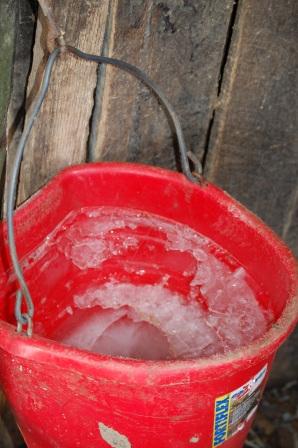
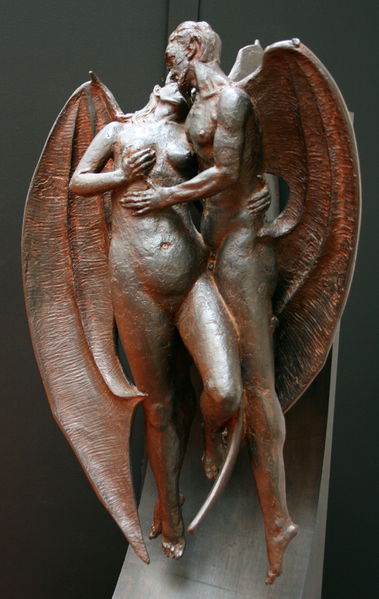
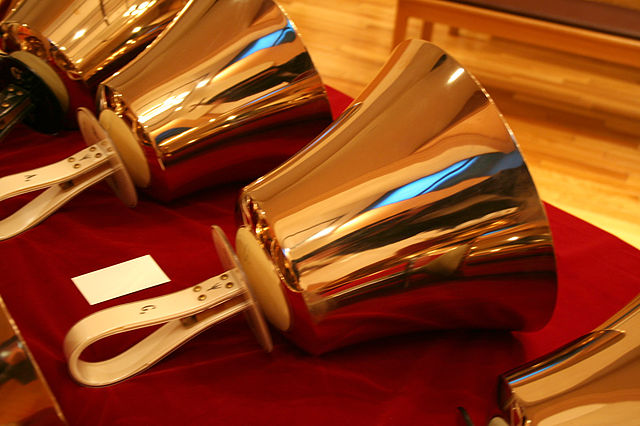


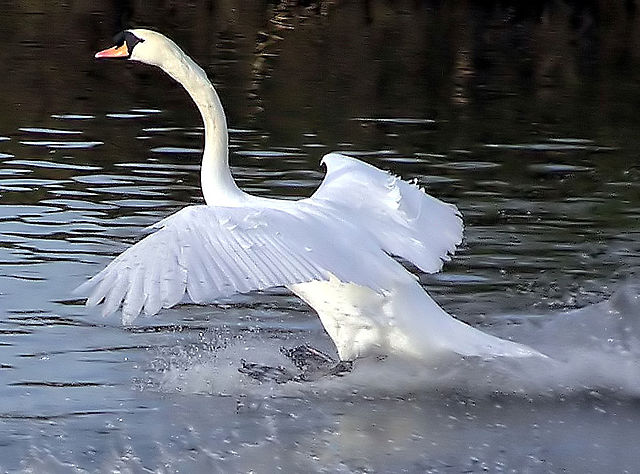

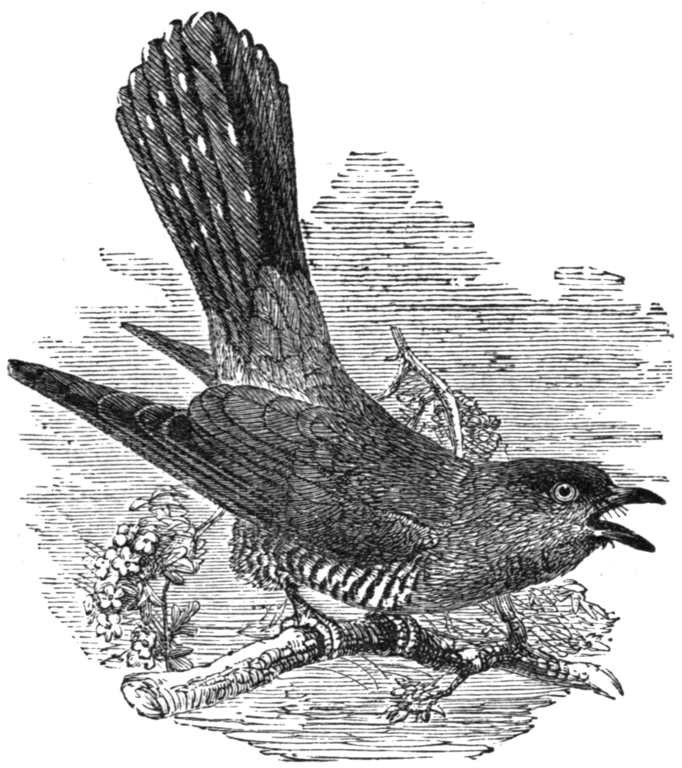

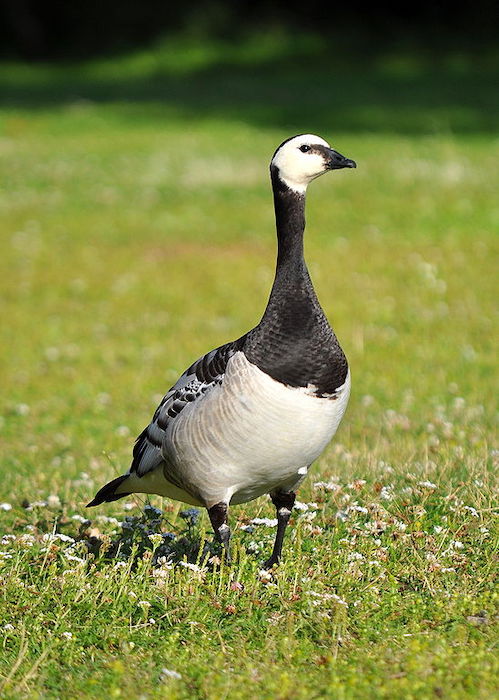
Commentary for Exeter Riddles 1-3
MEGANCAVELL
Date: Thu 21 Mar 2013Matching Riddle: Exeter Riddle 1
Riddles 1 to 3 are quite clearly thematically linked, and it is because of this that they have also been read as one very long riddle (especially because Riddle 2 and the sections of Riddle 3 begin with the same word: Hwilum (sometimes)). This, of course, throws off the riddle numbering system (which you should note is an editorial practice and does not appear in the Exeter Book manuscript). For this website’s purposes, we’re sticking to the old school riddle numbering (i.e. the one in Krapp and Dobbie’s edition – see the About the Exeter Book page for more on this) because this is the system most online riddle resources use.
As for solutions (1), you may have noticed that the same ones crop up for each of the three related riddles. They are all commonly solved as Storm or Wind, but this doesn’t come close to covering all the potential solutions (scholars like to disagree). Other suggestions include Atmosphere, Power of Nature, Sun (esp. for riddles 2 and 3) and all manner of different types of storms (including Apocalyptic Storm, Hurricane, Earthquake, Storm at Sea and Thunderstorm). Riddle 1 has also been solved as Fire and Raiding Party or Army, while Riddle 2 has been solved as Anchor and Riddle 3 as Revenant. In addition to the stormy weather solutions, another trend can be seen throughout the riddles and that relates to religion. This is unsurprising considering the Exeter Book was donated to a cathedral library by a bishop – in fact, most early English literature has a strong religious connection because of the structure of this society and its scribal culture (think monasteries!). So, this religious trend has resulted in the following solutions: Riddle 1 as God, Riddle 2 as Christ and Riddle 3 as Cross, Spirit and Supernatural Force.
Having read a good chunk of Old English poetry, it seems pretty clear that each of the three riddles does possess religious connotations. All this talk of leaders controlling the destructive action of whatever þrymful þeow (powerful servant) is narrating definitely signals a divine entity. In fact, these poems echo in some ways the verse lines of the Old English translation of Boethius’ Consolatione philosophiae (Consolation of Philosophy). A section from Metre 20 (lines 63-74), which deals with the elements, reads:
Habbað þeah þa feower frumstol hiora,
æghwilc hiora agenne stede,
þeah anra hwilc wið oðer sie
miclum gemenged and mid mægne eac
fæder ælmihtiges fæste gebunden,
gesiblice, softe togædre
mid bebode þine, bilewit fæder,
þætte heora ænig oðres ne dorste
mearce ofergangan for metodes ege,
ac [geþweorod] sint ðegnas togædre,
cyninges cempan, cele wið hæto,
wæt wið drygum, winnað hwæðre. (2)
(Nevertheless each of the four have their proper station, their own place, although each of them may be greatly mixed with the other and also, by the might of the almighty father, bound fast, peaceably, gently together by your decree, merciful father, so that none of them dared to go over the other’s boundary because of fear of the lord, but the retainers are made to agree, the champions of the king, cold with heat, wet with dry, yet they compete.)
Rambunctious elements! Photo (by Terry Lucas) from Wikimedia Commons (licence: CC BY 3.0).
The rest of the poem goes on to discuss God’s control over the elements, which is again mentioned in relation to binding a hundred lines later:
Hafað fæder engla fyr gebunden
efne to þon fæste þæt hit fiolan ne mæg
eft æt his eðle þær þæt oðer fyr
up ofer eall þis eardfæst wunað. (153-56)
(The father of angels has bound fire precisely so fast that it may not return to its homeland where that other fire, up over all this, remains firmly fixed.)
Riddle 3’s focus on confinement in particular maps nicely onto this Boethian vision of the cosmos. It’s also noteworthy that Riddles 2 and 3 end with a similar challenge to the listener: the riddler not only asks what is narrating the poem, but also what is controlling the speaker:
Saga, þoncol mon,
hwa mec bregde of brimes fæþmum,
þonne streamas eft stille weorþað,
yþa geþwære, þe mec ær wrugon. (12b-15)
(Say, thoughtful one, who draws me from the depths of the ocean, when the streams become still again, obedient the waves, which earlier concealed me.)
and
Saga hwæt ic hatte,
oþþe hwa mec rære, þonne ic restan ne mot,
oþþe hwa mec stæðþe, þonne ic stille beom. (72b-4)
(Say what I am called, or who raises me, when I may not rest, or who stays me, when I am still.)
Although Riddle 1 doesn’t end this way, it does include a reference to the powers that control it:
heahum meahtum
wrecen on waþe, wide sended (10b-11).
(pressed into wandering / by the powers on high, sent afar).
This all seems to suggest that the solution calls for a master-servant duo. And so, perhaps God and the Elements (or in Old English: God ond þa Feower Gesceafta) would make a nice solution for all three of these poems. Of course, the poet seems to prefer the destructive aspect of each element…but without central heating, this isn’t particularly surprising!
(1) For a convenient list of solutions and solvers, see Donald K. Fry’s article, “Exeter Book Riddle Solutions,” Old English Newsletter 15.1 (1981), pp. 22-33, although unfortunately and for obvious reasons it does not take into account suggested solutions after 1981.
(2) These lines are quoted from the brilliant, new-ish edition by Malcolm Godden and Susan Irvine, The Old English Boethius: An Edition of the Old English Versions of Boethius’s De Consolatione Philosophiae, 2 volumes (Oxford: Oxford University Press, 2009). The translations, along with this post, are by Megan.
Tags: anglo saxon exeter book riddles old english solutions riddle 1 riddle 2 riddle 3
Related Posts:
Exeter Riddle 2
Exeter Riddle 3